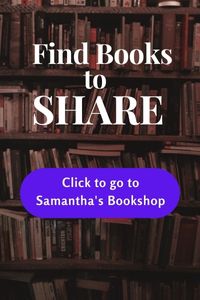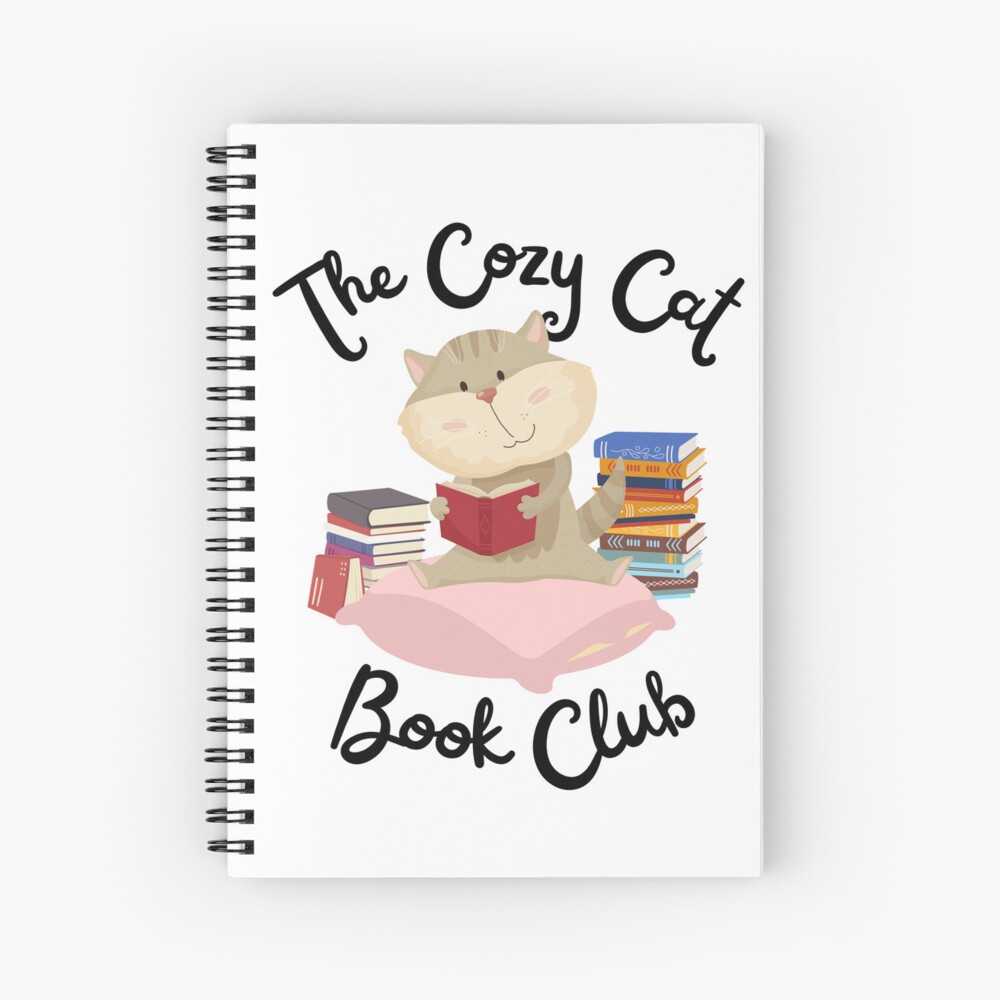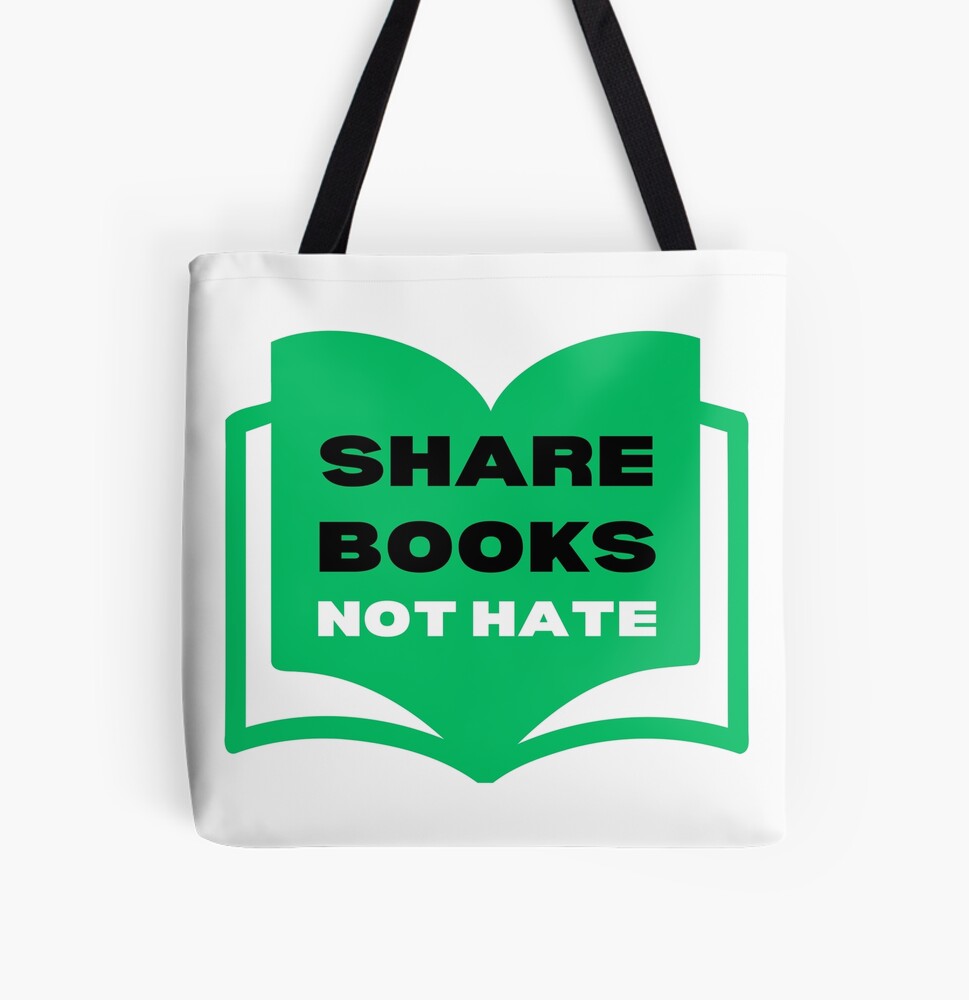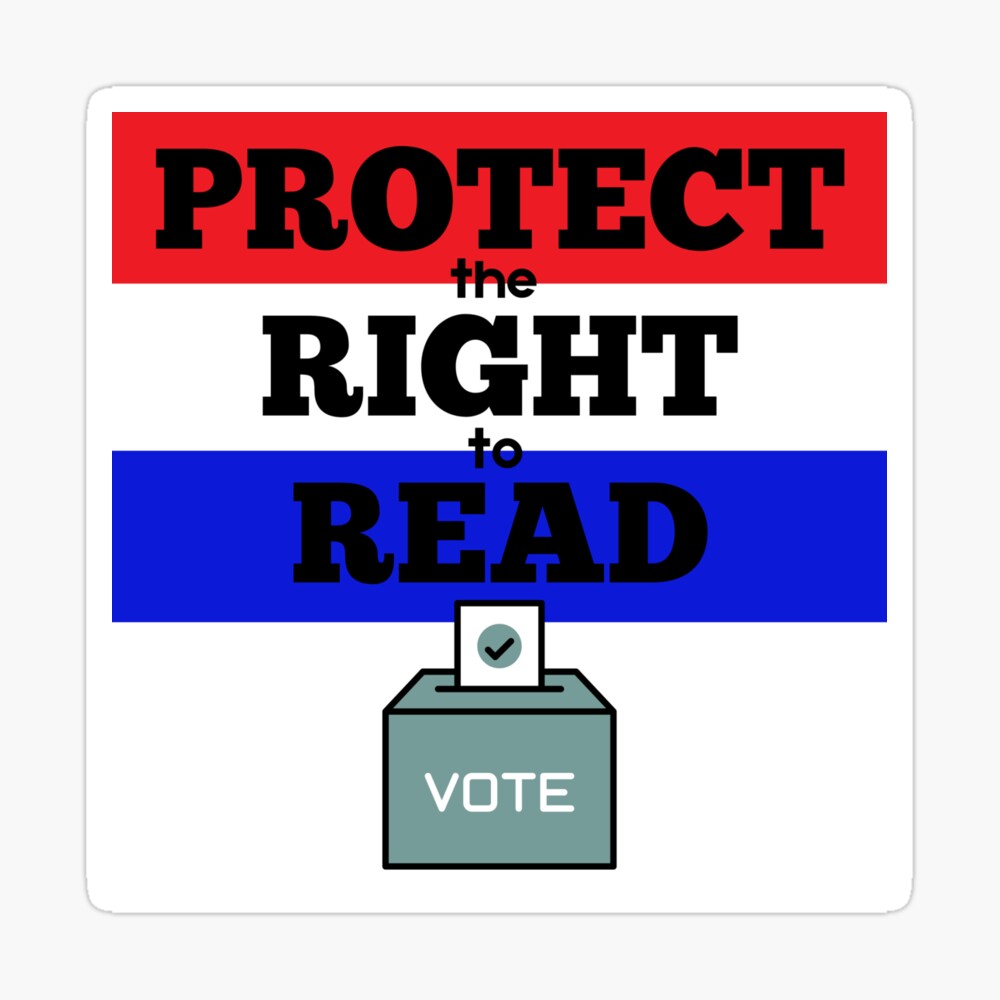Staying on the topic of revising, I talked to someone who knows a lot about making children’s literary the best. Deborah Halverson has been on both sides of the desk, working as an editor for Harcourt for 10 years and later as an author of two teen novels, Honk If You Hate Me and Big Mouth, both published by Delacorte/Random House. She also founded the DearEditor.com website where she helps other writers take their work to the next level.
Today, she’s launching her newest book, Writing Young Adult Fiction for Dummies, in which she poured all her experience and knowledge. (Check back soon for a review.)
Deborah chatted with us about editing, writing and switching genres.
You’ve been on both sides of the desk as an editor and as an author. How do the jobs differ?
I’ve always seen editing and writing as two very different jobs—creating versus trouble-shooting. What surprises me is their chief commonality: both require firm decision-making. You can’t be mamby-pamby with the elements and characters in your manuscript if you’re going to finish the darn thing and polish it up for submission. You have to conceive, implement, and then look at the page and decide yay or nay and then move on. I believe lack of decisiveness is a big factor in writer’s block.
An editor must be equally decisive. She’s got more work on her desk than hours in the day, and if she can’t make dozens of decisions every day (read this submission or that contracted manuscript? Reject or offer a contract? Ask for more revision or accept the draft you’ve got? Is this the problem with the plot or that? Position the book this way or that?), she’s as stalled as any writer suffering the terrible W.B. And obviously, a stalled editor ain’t a good thing.
Do you find it easy to edit your own work, or is it easier to edit someone else’s? Why?
Objectivity is impossible to maintain when you’re writing a novel. It is essential for editing one. Thus it’s easier to edit someone else’s manuscript than my own. I self-edit my manuscripts to a point where I feel that I’ve spotted all the weaknesses I’m ever going to spot, and then I bring in an editor friend to give it the once over. This all happens before I submit to my agent. And since my agent has an editorial background, she’ll throw in her 2 cents, too. And yay for that! Whatever makes the story stronger.
Interestingly, sometimes an editor in a publishing house can read through a single manuscript and its revisions so many times that she feels too close herself and decides to bring in a fresh set of eyes. When that happens, she’ll step over to the office next door and ask her colleague to take a look to make sure all the issues have been resolved. And then copyeditors and even proofreaders might pick up on something because they are coming in fresh! It’s all in service of the story, the author, and the reader.
 You started out writing novels and have now turned your experience into the non-fiction instructional book Writing Young Adult Fiction for Dummies. How different was it to write this book compared to your novels?
You started out writing novels and have now turned your experience into the non-fiction instructional book Writing Young Adult Fiction for Dummies. How different was it to write this book compared to your novels?
I discovered that I really, really enjoy writing nonfiction. That wasn’t a total surprise since I very much enjoy writing my writing advice posts on my website DearEditor.com, but the extent of my joy in the genre was eye opening. My challenge with this book wasn’t inventing characters and plotlines out of nowhere as it is when I write novels, it was trying to word potentially dry material in an accessible and engaging way. I loved finding creative and even funny ways to come at the material. Loved it!
My litmus test was my editor at Wiley. If I could cause her to send me an email out of the blue that said, “Ha! Just read X. Funny, Halverson” then I knew I scored. She and my copyeditor have awesome senses of humor and so writing this book was a joy all around. I hope that comes through for readers.
What was your biggest challenge writing your For Dummies book? And what pleases you the most about it?
Getting it done! The delivery dates for the WYAFFD chapters were tighter than I’d ever operated under before, so just meeting the deadlines was a challenge. 358 pages in 5 months. Phew! I had to put a lot of my life on hold to complete it. Luckily, my editor and copyeditor were not only funny but speedy, so we got into a productive groove and pulled it off. The positive energy buoyed me as I worked into the night and through the weekends.
I’m very proud of the book and what it offers writers, but most of all I’m pleased about the take-away factor. That is, I believe writers of all levels will take from the book solid, tangible techniques that they can apply to their writing immediately and see obvious results. Perhaps it’s the teacher in me, but application to one’s manuscript was very important to me from the get-go.
What’s your favorite piece of advice that you’ve learned for YA writers?
Writers of teen and tween fiction must cultivate a youthful narrative voice. Whether their writing first person, third, or omniscient, they need to respect and reflect the sensibility of their young readers. I devote an entire chapter to creating a youthful narrative voice in WYAFFD, but you can get the quick down-low from this free Writing Young Adult Fiction For Dummies printable Cheat Sheet.
Thanks, Deborah! Great information.
To celebrate the launch of WYAFFD, Deborah is giving away free chapter critiques and a grand prize of a full manuscript critique. So get over to DearEditor.com and enter.








2 Responses
Great interview, ladies! Indecision breeds writer’s block, I wholeheartedly agree. Make a decision and move on. You can change it later, right? Thanks for the great advice!
Thanks, Carmen. Now if I can just decide what to serve my munchkins for dinner tonight. Is there such as thing as Chef’s Block?
Comments are closed.